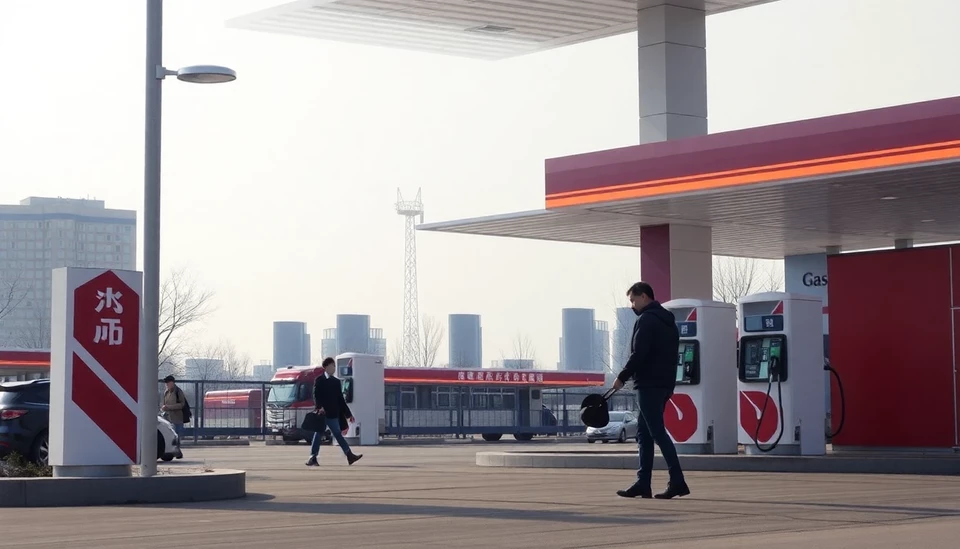
In a striking revelation that could reshape the global oil market, Sinopec, one of China's largest oil refiners, has forecasted a significant decrease in the nation's gasoline demand starting from 2025. This projection, made public in a recent corporate report, marks a pivotal shift in the world's largest importer of crude oil, stirring concern among energy analysts about the implications for global oil prices and supply chains.
The projected decline comes as China faces a confluence of factors, including greater fuel efficiency in vehicles, a nationwide push towards electric vehicles (EVs), and a shifting consumer behavior as the country accelerates its decarbonization efforts. These trends align with the government's broader strategy to combat climate change and reduce reliance on fossil fuels.
Sinopec's analysis is particularly noteworthy given that the company is influential in shaping China's energy policies and market trends. The refiner indicated that gasoline demand could peak as early as 2025, before entering a phase of rapid contraction that may continue through the rest of the decade.
The impact of this forecast is expected to extend beyond China’s borders. Global oil markets, already volatile, may see further fluctuations as oil-producing nations recalibrate their strategies in response to diminishing demand from China. Analysts suggest that countries that have heavily invested in oil production may need to adapt quickly to sustain their economies amid changing consumption patterns.
Moreover, as the world grapples with climate challenges, China's pivot away from gasoline could accelerate the transition towards renewable energy sources, enhancing global cooperation in clean energy innovation. Experts predict that this transition might encourage other nations to evaluate their dependency on gasoline and fossil fuels, potentially triggering a broader worldwide shift.
In response to the impending changes, Sinopec is already adjusting its operational strategies, investing in refining technologies that focus on more sustainable fuels and diversifying its energy portfolio to include renewables. This proactive approach signals that the company is not only bracing for the shift but is also positioning itself as a leader in the new energy landscape.
The projections from Sinopec highlight the necessity for oil producers and refineries worldwide to reassess their trajectories. As the demand for gasoline diminishes, the industry faces a critical moment of reflection and realignment, which may redefine energy consumption patterns for years to come.
As we move closer to 2025, all eyes will be on China’s energy consumption trends and their ripple effects across the global oil market. The transition to a lower-carbon future is not just a challenge; it presents an opportunity for innovation and a sustainable approach to energy consumption that could benefit the planet.
<#>ChinaGasDemand #Sinopec #OilMarket #EnergyTransition #ElectricVehicles #SustainableFuel #ClimateChange #GlobalEconomy
Author: Sophie Bennett




